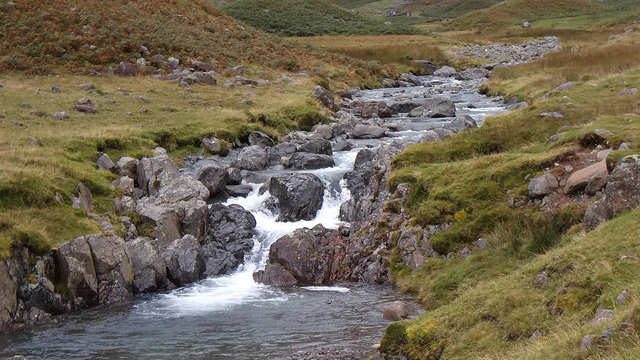While we often refer to the tenure process as if it is a single process that assistant professors undergo, the reality is the tenure process constitutes three interrelated streams that work both together and at cross purposes. The tenure process is comprised of a legal process, a peer review process, and a political process. This idea is foundational to understanding tenure and how I approach the subject in How to Get Tenure: Strategies for Successfully Navigating the Process. In this excerpt, I discuss the three processes and how they influence various aspects of the pre-tenure years.





